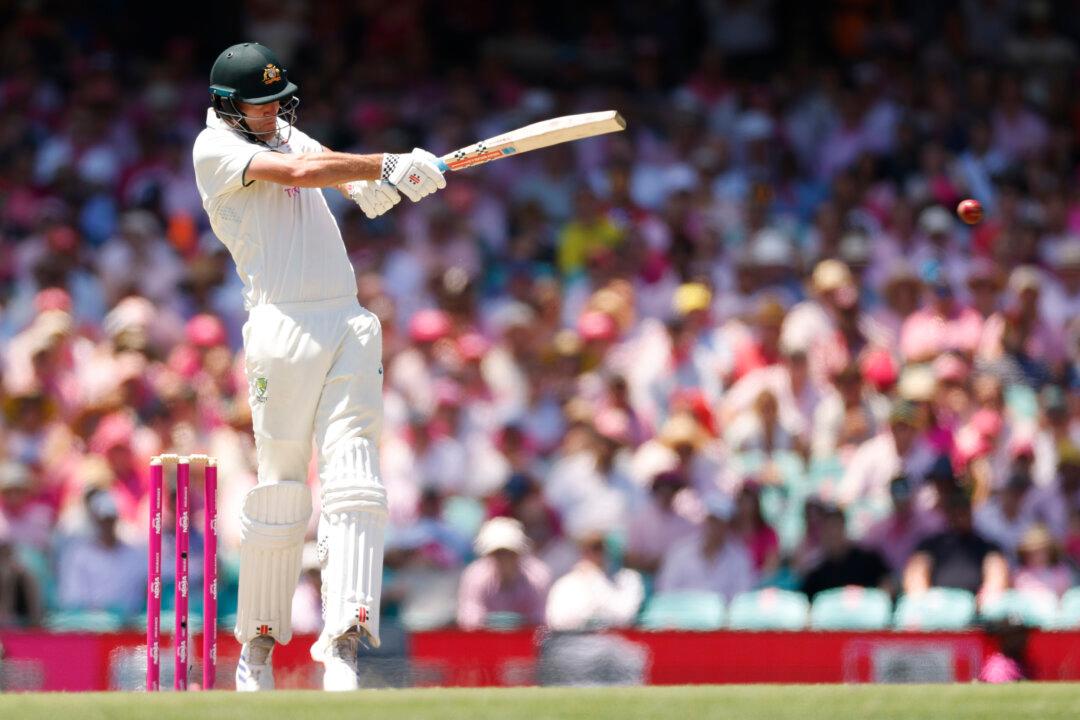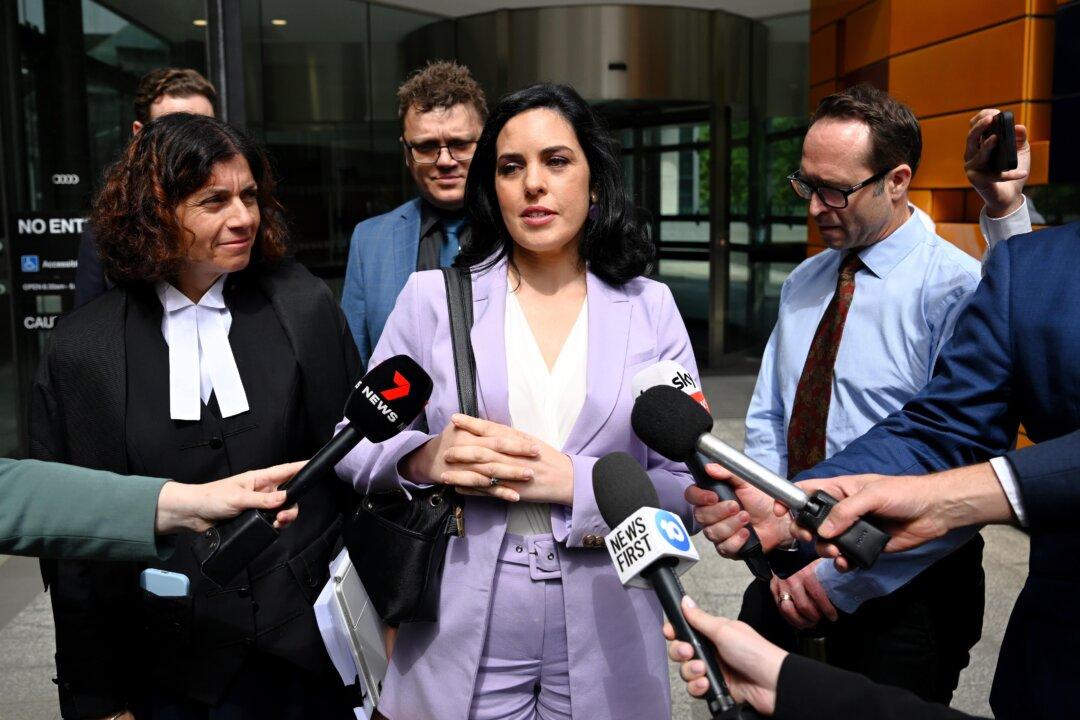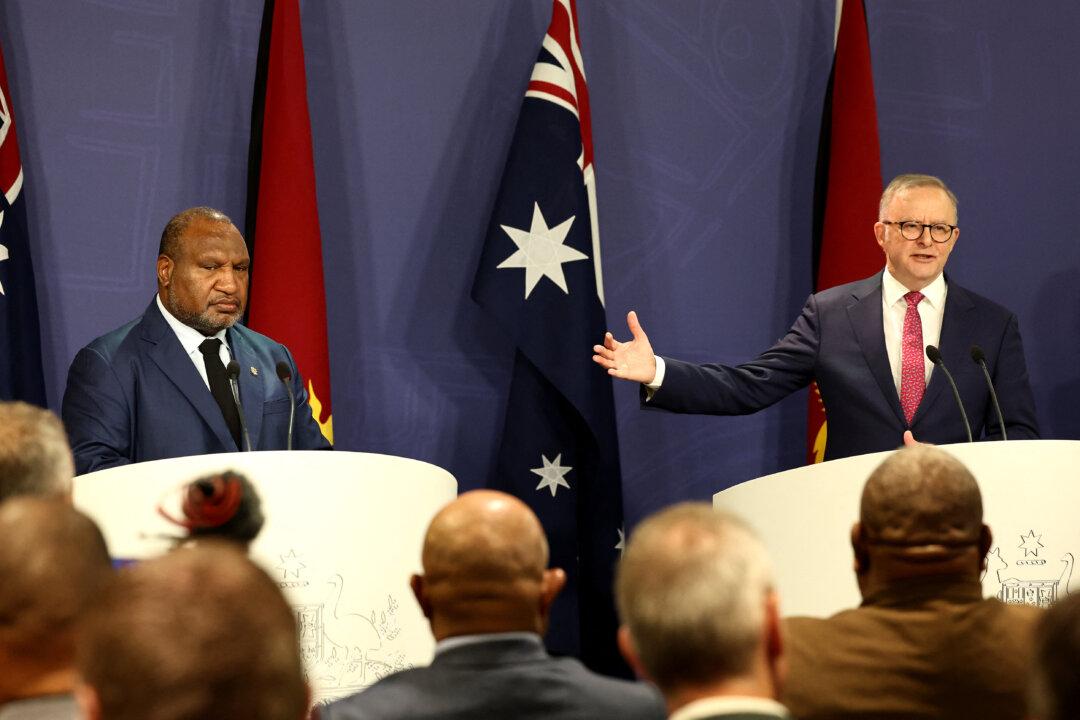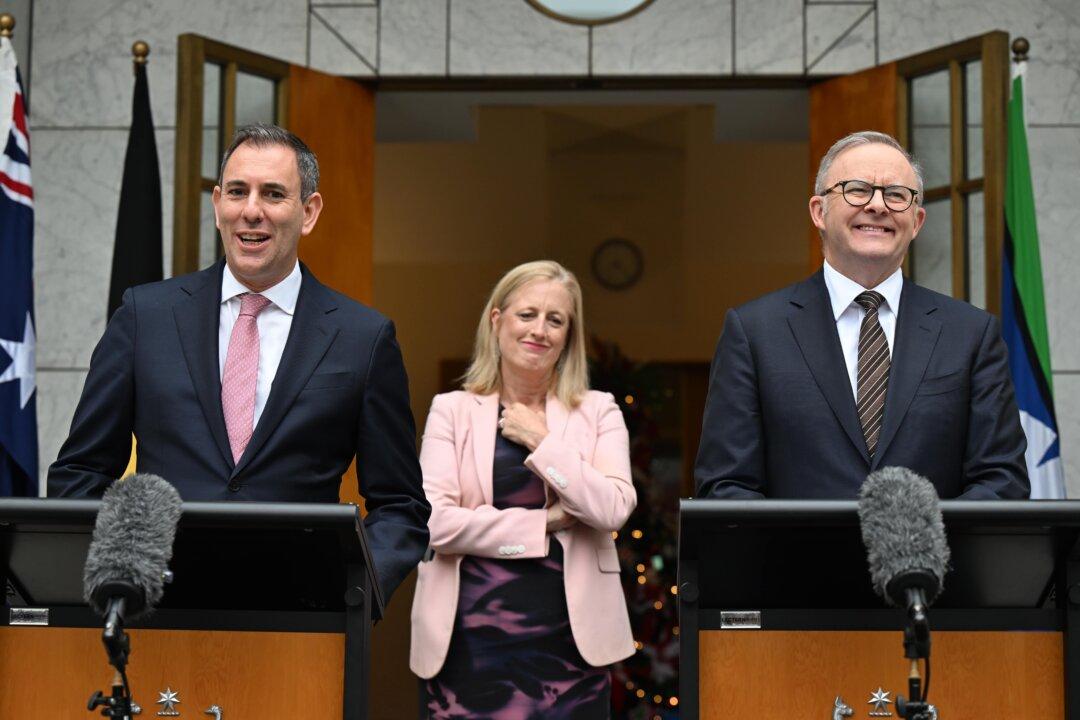China is top of mind for Australia’s National Rugby League (NRL) as it begins deliberations around whether to put a team in the South Pacific region—the centre of a geopolitical tug-of-war between Beijing and democratic nations.
The move to grant a license to a “Pasifika” club would be the latest “soft power” initiative by the Australian government to win the hearts and minds of local populations, alongside existing free-to-air TV broadcasts, aid programs, and supporting infrastructure building.
In 2022, rugby union teams, the Fijian Drua and Moana Pasifika were added to the region’s peak competition for rugby union.
Pacific Push, NRL Expansion Almost Hand-in-Hand
Talk of expanding the competition has ramped up in recent days following the successful addition of its 17th team to the competition, The Dolphins, based north of Brisbane in Queensland.The timing of such a move into the Pacific sits well with the heads of the NRL for a number of reasons.
One is the addition of an 18th franchise seems guaranteed given the success of The Dolphins so far, as well as the preference from organisers to balance the competition with an equal number of teams.
The second reason is a dedicated team in the South Pacific would streamline existing development pathways for Pacific Island players, who already comprise over 40 percent of the NRL talent pool. The physical build of Pacific Islanders is generally more suited to rugby union or league.
PM Supports Sports Diplomacy
The third reason is the obvious support from Australian Prime Minister Anthony Albanese and potential government funding.“It’s no secret that the federal government has asked us to look at a PNG Pasifika team, and we are going to look at that and see if it’s feasible, and make a decision pretty soon,” V'Landys told Triple M radio on March 12.
“We will be in the process of our broadcast negotiations within the next 12 months to two years. So, we need to have that plan ready to go with the broadcasters,” he said.
Australia Eyes NFL Recruits
Also, V'Landys also said under his stewardship, the NRL would set up pathways to winning over U.S. athletes that have not made the cut for the National Football League (NFL).“There’s a market in America for NFL players to come here,” he said. “The model is basketball. Anybody who doesn’t make basketball in America comes to Australia.”
Some geopolitical experts believe further engagement with the grassroots is the key to winning the influence battle against Beijing, rather than competing for the leaders of the country.
“That allows the political elite to exploit the country, be influenced, be corrupted, and that plays right into the hands of countries with big resources, big regions, big power bases like the Chinese.”





